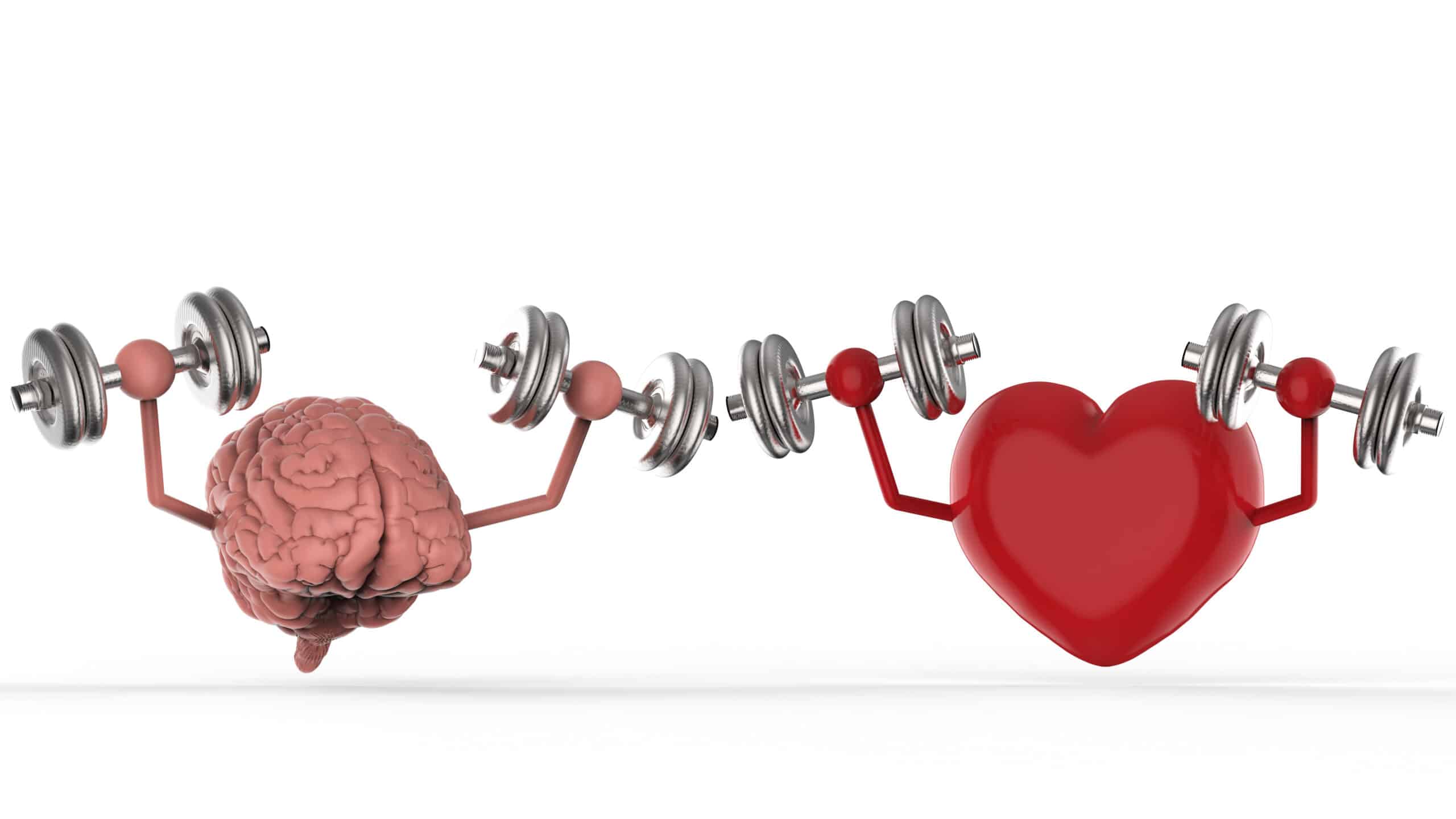Although previous evidence suggests that heart disease increases the risk of dementia and vice versa, researchers wanted to find out if this connection could be seen in a healthier population.
For this observational study published in the European Heart Journal-Cardiovascular Imaging, close to 32,000 adults who were mostly healthy and lived in the UK underwent MRI scans to assess their heart health, and cognitive testing to measure their ability to solve logic and reason-based problems as well as showing how quickly their brain processes information. Performing well on this type of cognitive testing typically associated with better brain function.
According to co-author Nicholas Harvey, who is also a professor of rheumatology and clinical epidemiology at the University of Southampton UK, the results revealed that participants who excelled in cognitive testing were more likely to have healthier hearts than those who tested poorly.
“We found that better scores for the two cognitive tests that we used, indicating better brain function, were associated with heart measures, from the cardiac [MRI] scans, which indicated a healthier heart,” Harvey said. “Thus, having a healthy brain is associated with having a healthy heart, and vice versa.”
Even after taking into account risk factors that can affect the risk of developing heart disease and dementia, such as age, gender, smoking history, blood pressure, alcohol intake, and activity/exercise levels, the relationship between heart health and brain function remained, suggesting that some other mechanism may be responsible.
“Importantly, the association was not explained by classical risk factors for heart disease or dementia, which suggests that there may be a biological link between the two conditions, separate from the contribution to both conditions from these risk factors,” Harvey said.
According to Dr. Joseph Diamond, director of nuclear cardiology at Long Island Jewish Medical Center while the potential mechanisms linking heart and brain health are not fully mapped out it is clear the systems are connected.
“There are a lot of nerves from the brain directly to the heart, and we know there’s a strong connection between the two,” Diamond said.
“When you are dealing with individuals who have chronic stress or chronic anxiety issues, it affects a lot of parts of the body,” explains Diamond, going on to add how many of the different hormones released in response to stress can provoke an increase in heart rate and blood pressure. “We think that a lot of people who have chronic elevations of stress hormones may have more tendency to have atrial fibrillation [an irregular heart rate], and it may be an independent risk factor for heart disease,” he said.
“Our findings are highly relevant in an ever-aging global population,” Harvey said. “Understanding links between these diseases enables us to optimize our assessment of older people and to potentially develop new therapies, which will target common mechanisms of aging.”
“With more research, these findings may help us to establish strategies for early prevention and reduce the burden of heart and brain disease in the future.”




